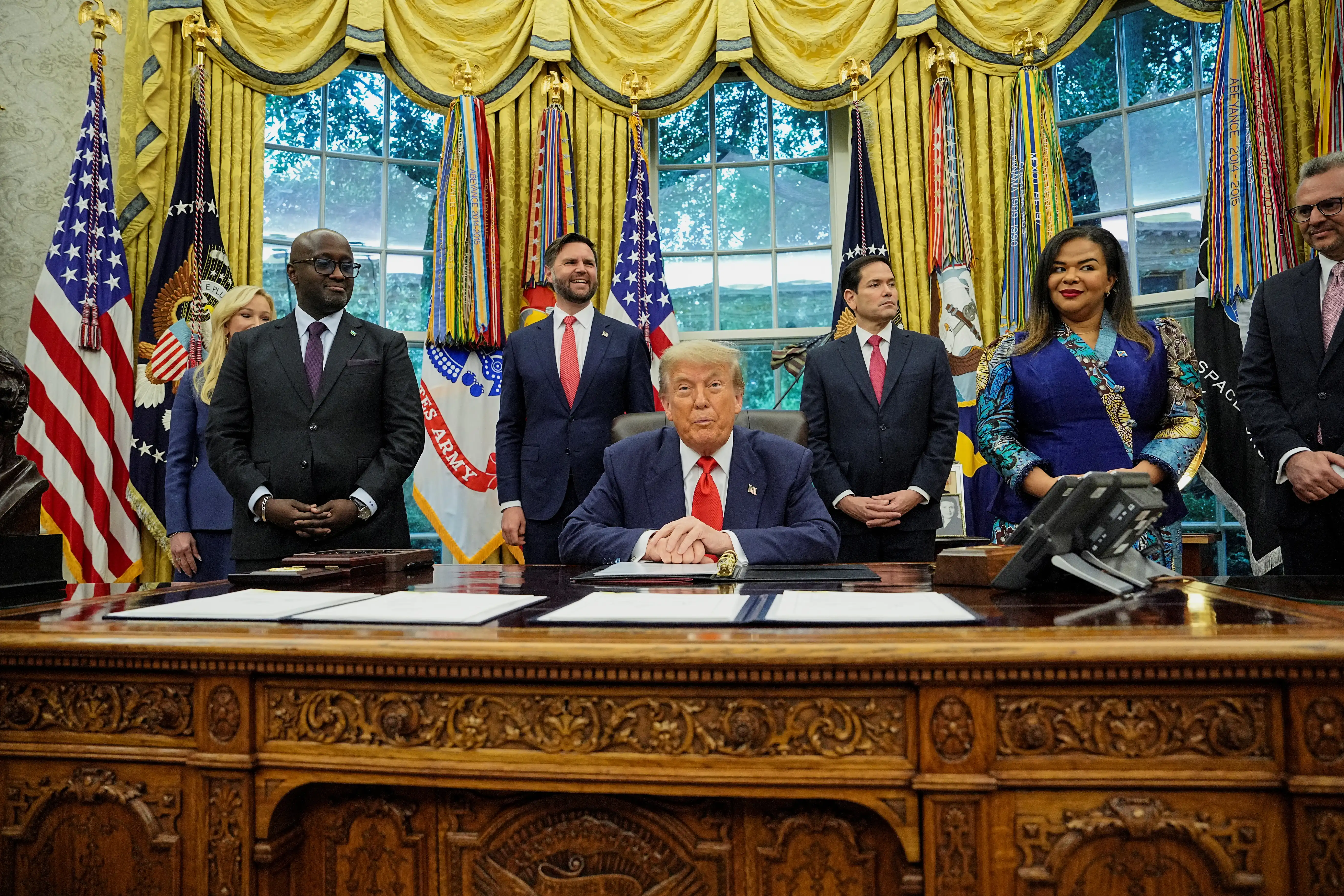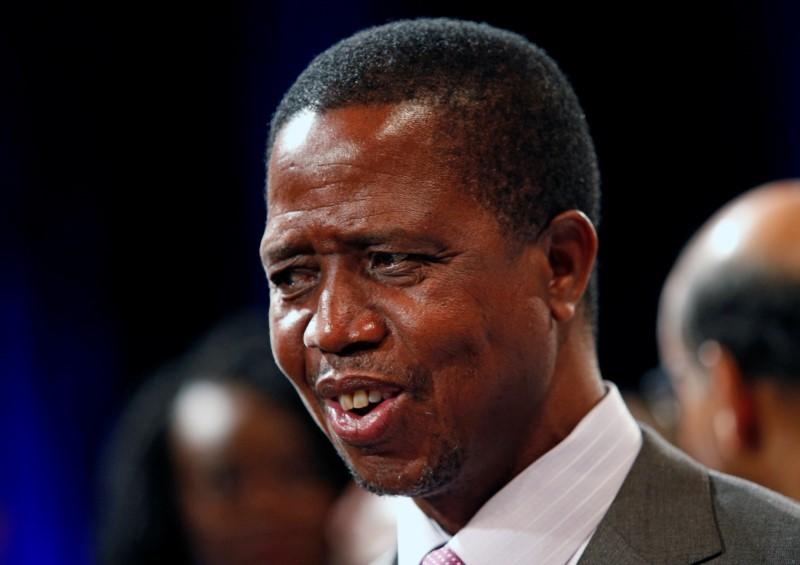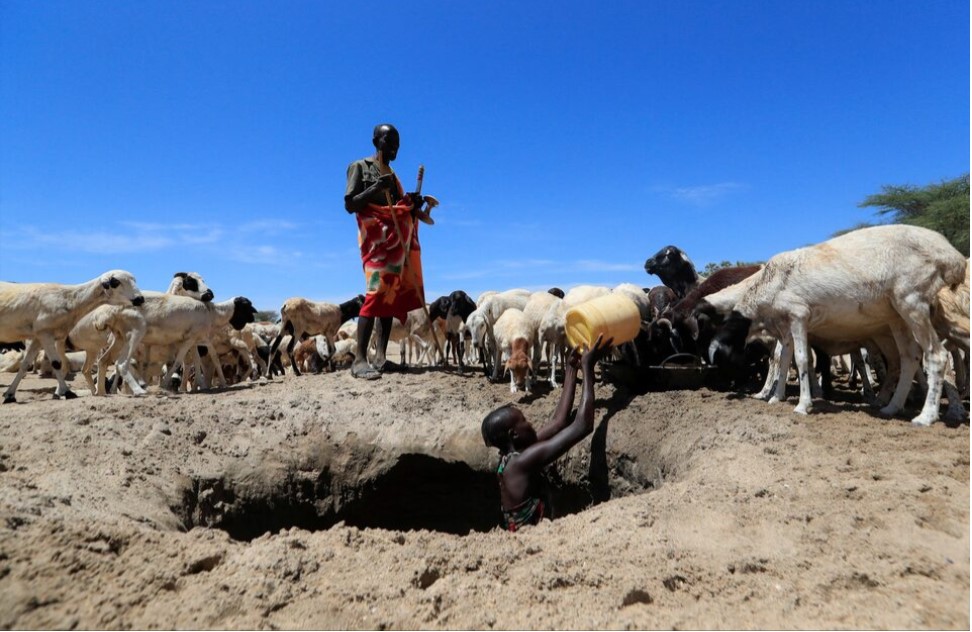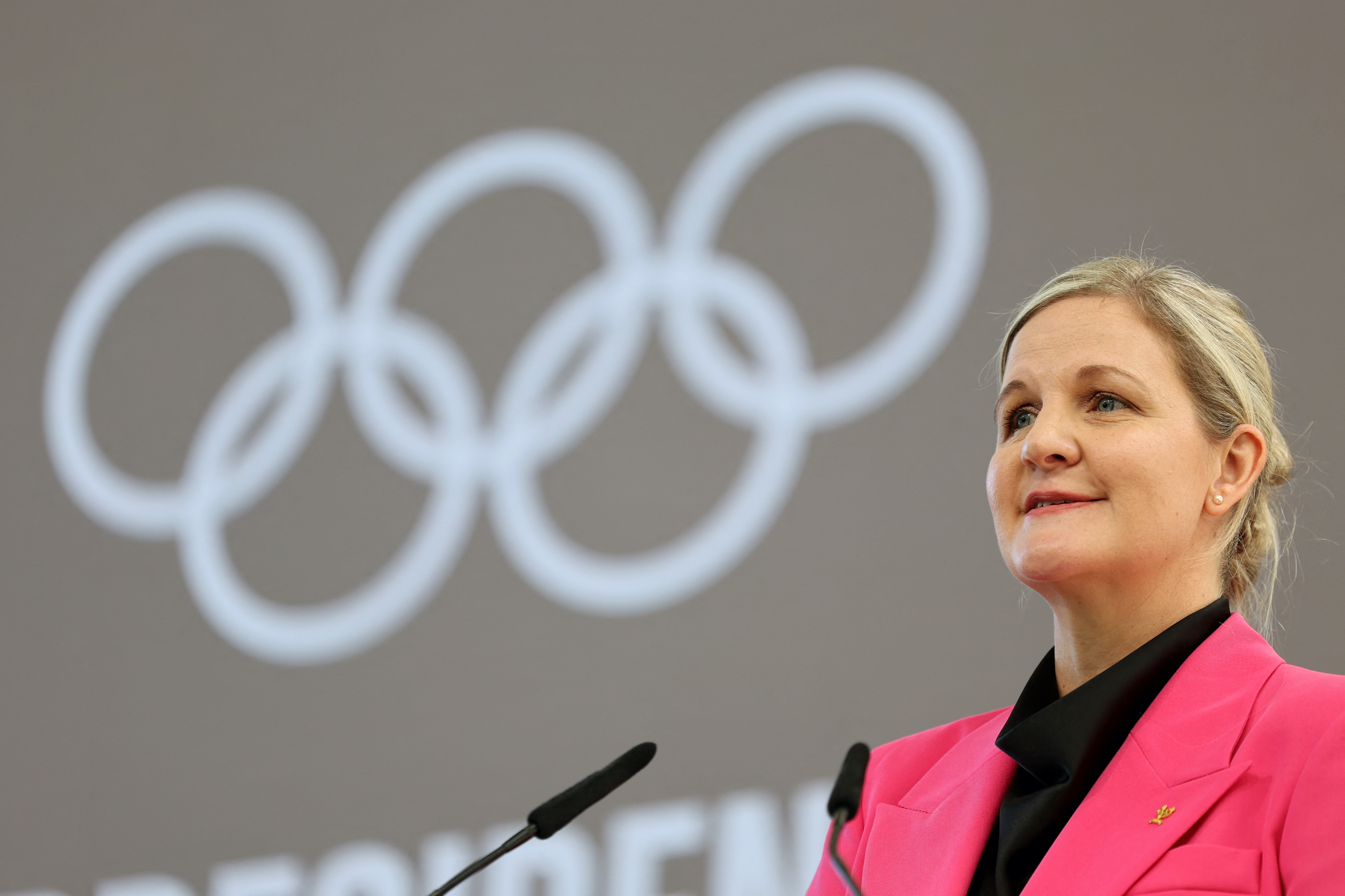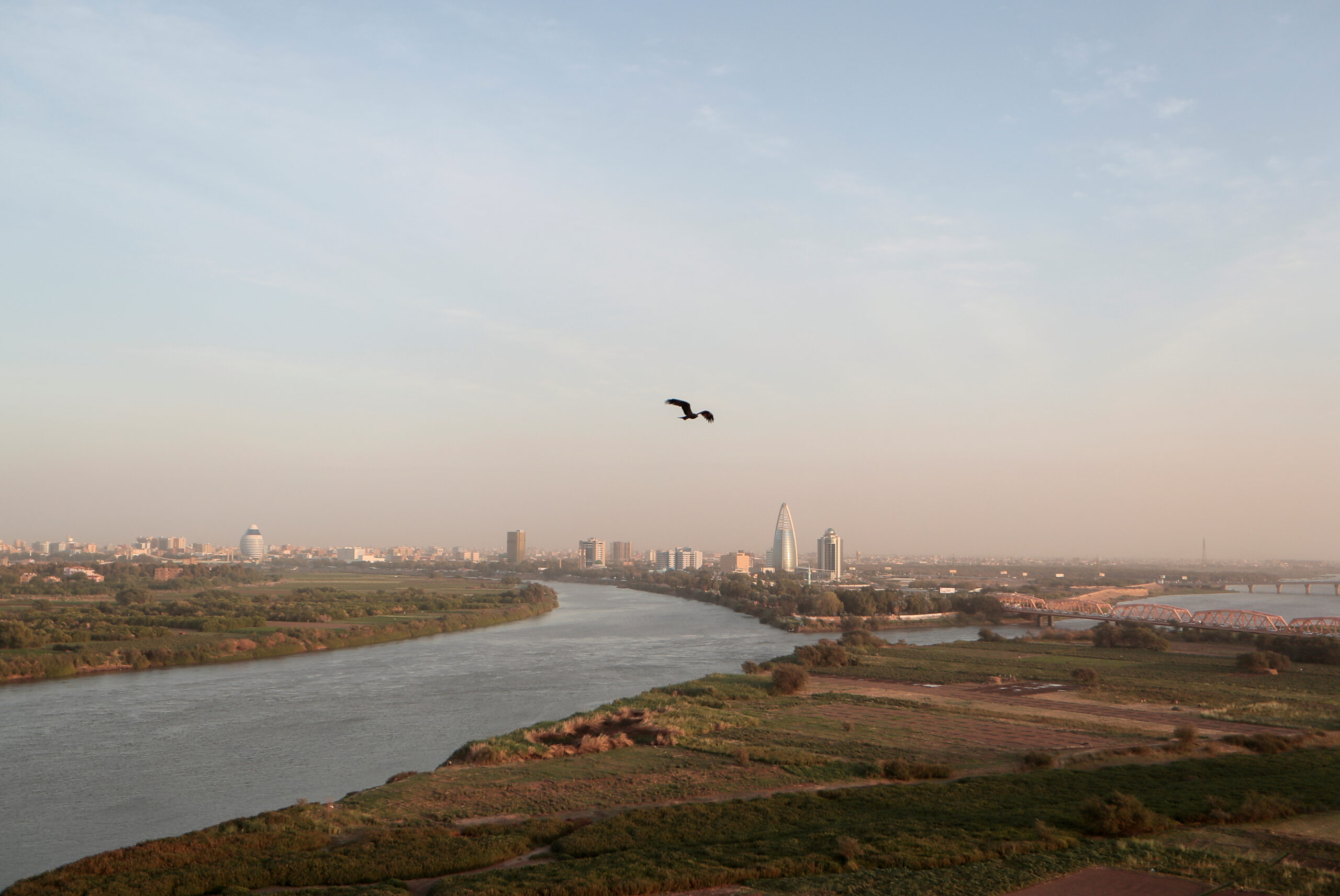
Egypt, Ethiopia, Sudan disagree on “methodology” for Nile dam talks

The water ministers of Egypt, Ethiopia and Sudan failed on Wednesday to agree on a methodology for completing their negotiations over Ethiopia’s giant Nile River dam in the coming stage, said the Egyptian water ministry in a statement.
The three ministers held a virtual meeting earlier in the day to discuss the optimal framework for managing the ongoing negotiations over the Grand Ethiopian Renaissance Dam (GERD), which are held under the auspices of the African Union (AU).
“It turned out during the discussions that the three countries disagree on the methodology for completing the negotiations in the next stage,” said Egypt’s Ministry of Water Resources and Irrigation.
The three countries agreed that each will submit a report to South Africa, the current chair of the AU, over the details of their meetings, according to the statement.
The reports will also include their visions on ways to implement the outcomes of two former summit meetings of the AU Bureau in June and July, which stated that the three countries would conclude a binding legal agreement on the rules of filling and operating the GERD.
Ethiopia, an upstream Nile Basin country, started building the GERD in 2011, raising Egypt’s concerns that it might affect the country’s 55.5-billion-cubic-meter annual share of Nile water. Sudan, Egypt’s fellow downstream country, has recently been raising similar concerns over the 4-billion-dollar dam.
Over the past few years, tripartite talks on the rules of filling and operating the GERD, whose reservoir’s total capacity is 74 billion cubic meters, have been fruitless, including those brokered by Washington and recently by the AU.


